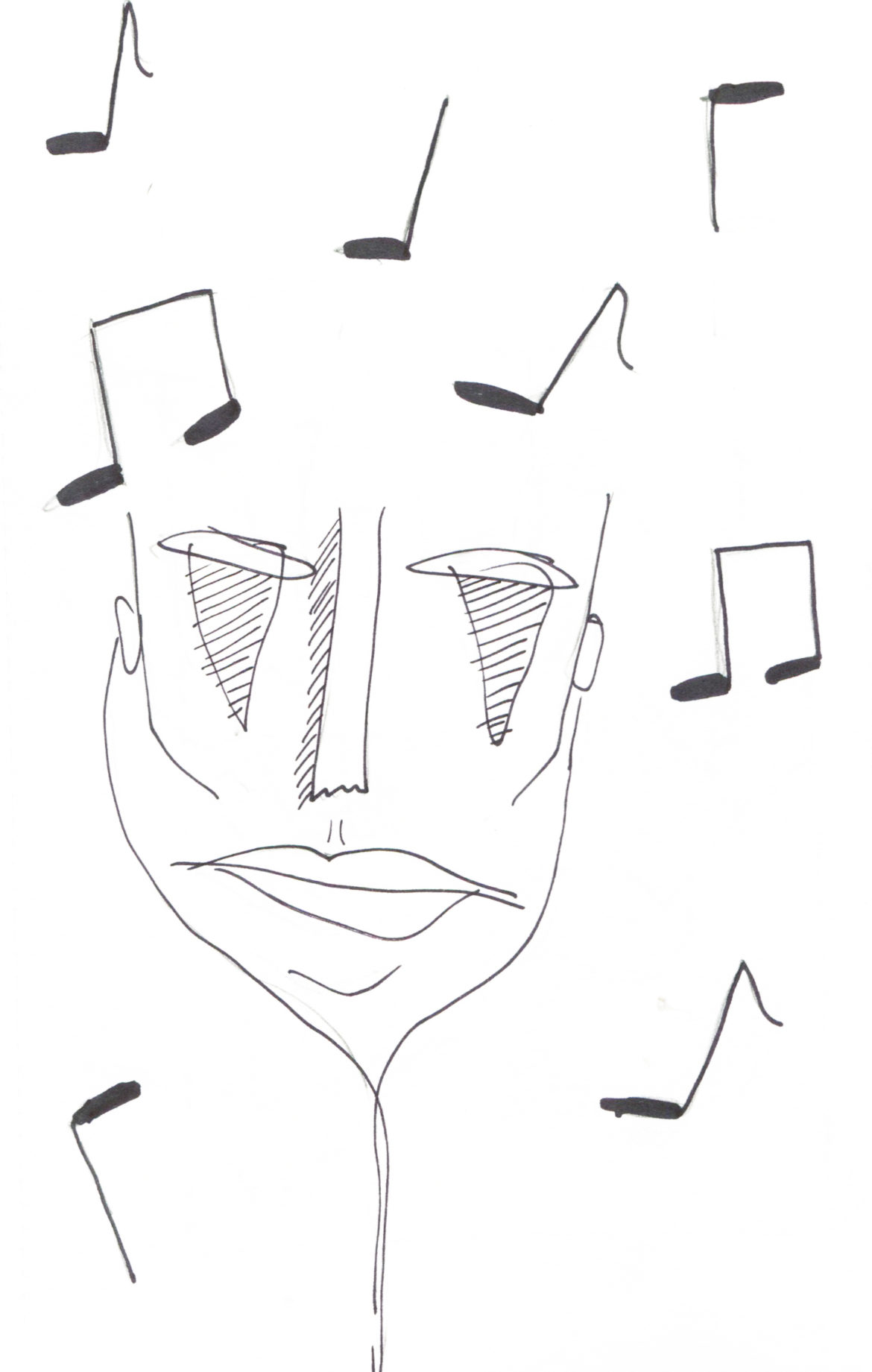Why do we listen to sad songs when we’re already sad?
Scoll. Browse. Click. Genres & Moods. Playlists. “Life Sucks.”
An appropriate playlist title, I think to myself.
Description: “These songs will probably make you feel worse, but at least they’ll let you know you’re not alone.”
What’s the deal with listening to broken-hearted ballads after our significant other has just broken up with us? Why do we subject ourselves to sappy songs about our angsty teenage years? No one enjoys being sad and miserable, so why does doubling down on the sadness somehow make us feel a little better?
A 2013 Tokyo study, “Sad music induces pleasant emotions” published in Frontiers of Psychology suggests we listen to sad music because it might actually evoke positive emotions. Generally, humans don’t enjoy being miserable, which means we have to experience some variety of pleasant emotions when listening to sad music. The researchers found that listening to sad music evoked two feelings from participants: vicarious emotion and safety.
When we listen to sad music we often compare ourselves to the speaker in the song; we draw comparisons between the singer’s misfortunes and ours. Often times, the songs we listen to are caked in hyperboles and metaphors of their tragedies and setbacks. This means we feel better about ourselves when listening to sad music because we perceive our lives as more pleasant than the speakers singing the song. We are thankful that our lives aren’t as bad as others. The positive feelings we experience while listening to sad songs about other people’s lives can be credited to a theory called downward social comparison. Downward social comparison is the act of comparing ourselves to others who are less fortunate than we are. Basically, we feel better about ourselves because Lana Del Rey is probably having a worse day than us. Could that be why I don’t feel horrible when listening to Adele’s “Hello”? Because I know that I haven’t called someone a thousand times to say that I’m sorry? Perhaps.
The research also suggests that one of the reasons we experience pleasant feelings when perceiving particularly melancholy art forms is because it poses no actual threat to us. We can objectively experience others’ sadness because we know the music itself won’t hurt us. Sure, Lord Huron’s “The Night We Met” might bring a tear to my eye for the sixth time in a row. But I don’t feel any actual fear that his misfortunes will be cast upon me because I’ve listened to his song. When we listen to sad music we have the ability to feel its effect, but no reason to accept its inherent tangibility. The distance between ourselves and the music provides comfortability and safety.
What I’m trying to say here is go ahead and submerge yourself into sad music when you’re feeling less than subpar. According to science, you might even feel better afterwards. And who doesn’t trust science?
Julia Tricolla is a third-year Communication Management Design major who invites you to listen to her specially curated sappy ballads playlist on Buzzsaw’s Spotify.

